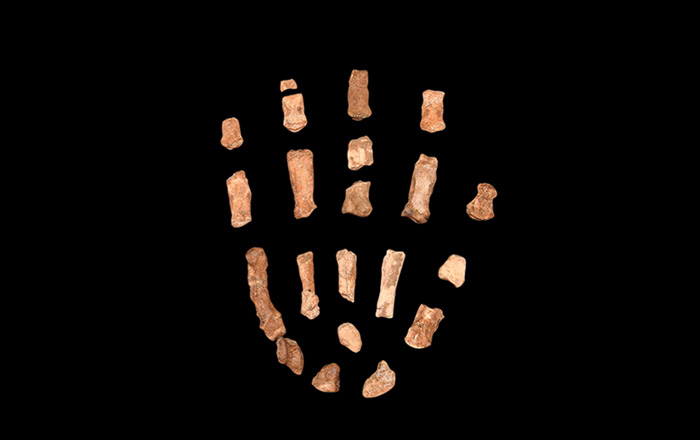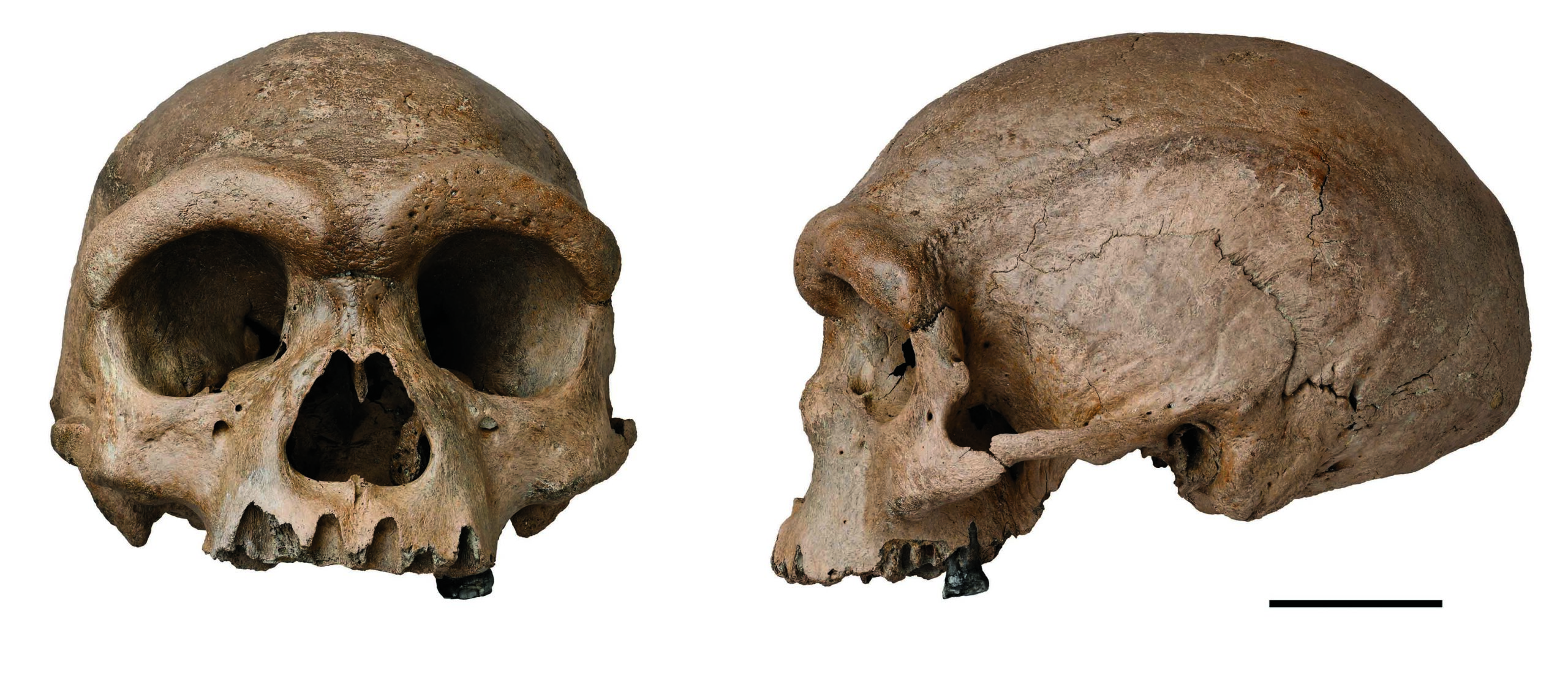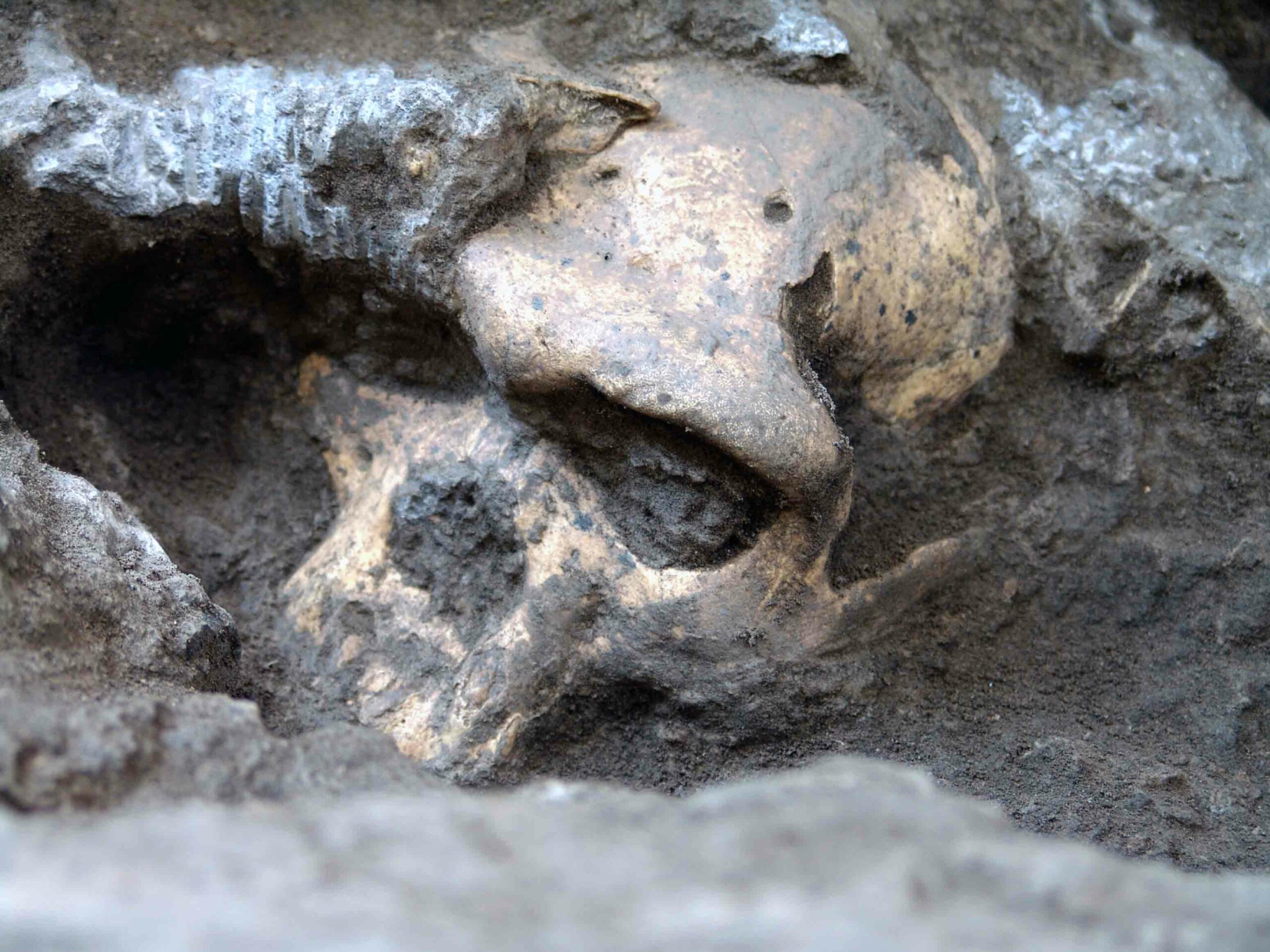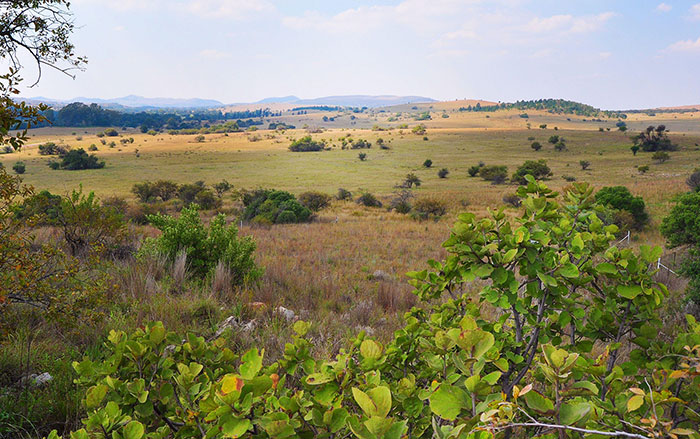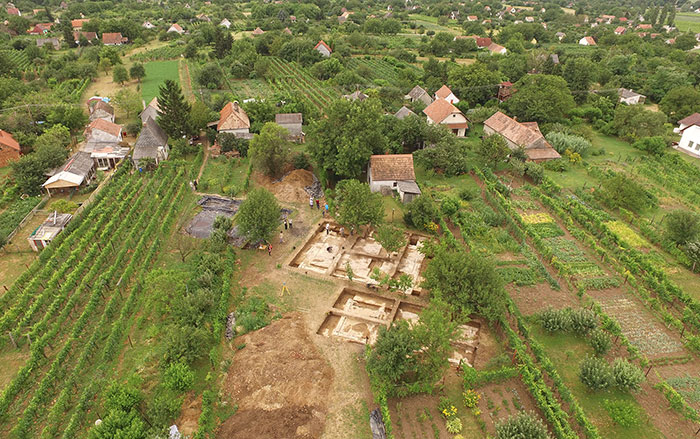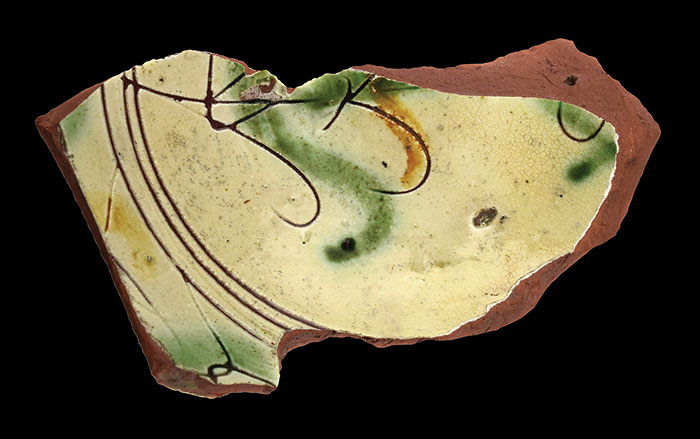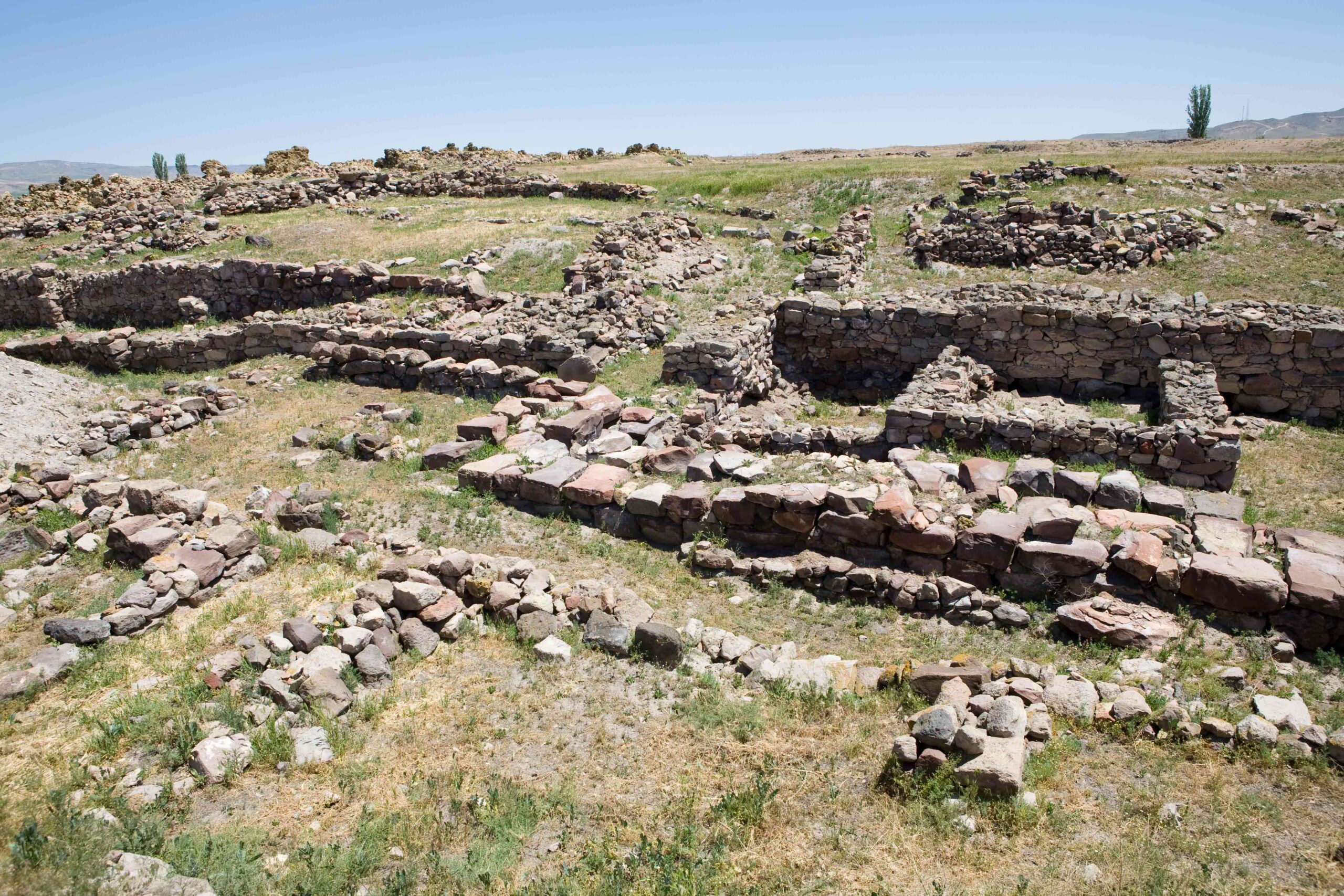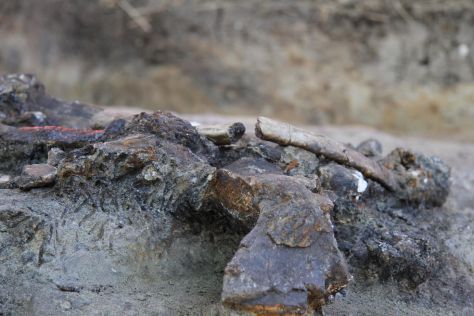
LUZON, PHILIPPINES—Science Magazine reports that a team of scientists led by Thomas Ingicco of the National Museum of Natural History in Paris and M. Clyde Shago of the National Museum of the Philippines has found butchered rhino bones and stone tools at Kalinga, an archaeological site on the island of Luzon. The enamel of one of the animal’s teeth was dated to about 709,000 years old, which corresponds with the results of electronic spin resonance testing of the sediments above and below the fossils and artifacts. The discovery is said to push back the known date for ancestral human occupation of the Philippines by more than 600,000 years. Archaic human fossils have not been found at the site, however, so scientists are not sure who butchered the rhino, but Homo erectus is a likely candidate. Homo erectus is thought to have evolved in Africa nearly two million years ago, and Homo erectus fossils of the same age as the site in the Philippines have been found in China and Java. To read more about this extinct human species, go to “Homo erectus Stands Alone.”


